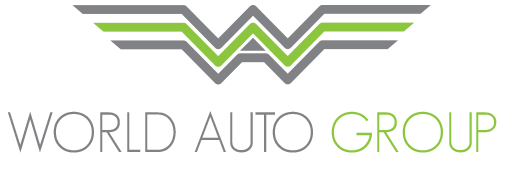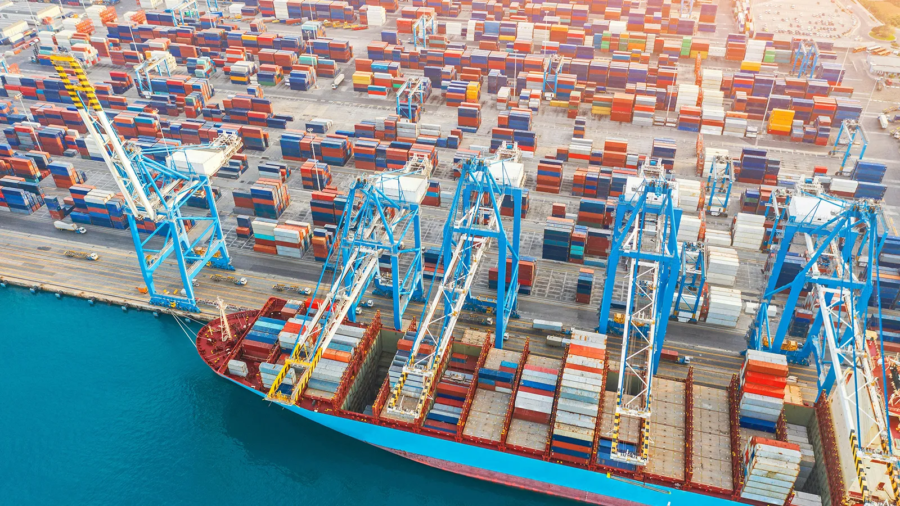U.S. import tariffs on foreign cars are shaking up the auto market. These tariffs – essentially taxes on imported vehicles – can dramatically affect car prices, availability, and affordability for American consumers. If you’re in the market for a new car, it’s crucial to understand how these tariffs might change what you’ll pay and which models are available. The situation is developing quickly, and acting now could save you thousands of dollars. World Auto Group is here to help you navigate these changes and find the best deal on a new car today.
How Tariffs Drive Up Car Prices and Limit Availability
Tariffs are import taxes that raise the cost of bringing foreign-made cars into the U.S. market. When automakers face a tariff, they often pass that added cost on to consumers through higher sticker prices. That means a car that would normally cost $30,000 could end up significantly more expensive once tariffs are factored in. In fact, a recent study found that a 25% tariff on imported autos could raise the average price of a new car by about $4,400 – and fully imported models could cost an extra $6,875. This is a huge jump that would hit shoppers’ wallets hard.
For consumers, it’s not just about higher prices. Tariffs can also affect car availability. Some foreign manufacturers might ship fewer models to the U.S. if those vehicles become too expensive to sell after a tariff. Industry experts warn that new tariffs could “reduce competition and consumer choice”, meaning the specific model or trim you want might be harder to find or not offered at all. In short, tariffs can shrink the selection on dealer lots while making the remaining cars more expensive.
Brands Most Affected by U.S. Import Tariffs
Not all automakers are impacted equally. U.S. import tariffs mainly hit foreign automakers that rely on exporting vehicles to the United States. Here are some of the brands and segments likely to be most affected:
- European Brands (Luxury & Mainstream): Automakers like Mercedes-Benz, BMW, Audi, Volkswagen, and Volvo build many of their models overseas and import them to the U.S. A steep import tariff would directly increase the cost of these vehicles, potentially adding thousands of dollars to the sticker price of popular luxury sedans and SUVs.
- Japanese Manufacturers: Companies such as Toyota, Honda, Nissan, and others have large U.S. factories but still import numerous models (and parts). Tariffs could hit fully imported models – for example, certain Toyota or Nissan cars built in Japan – making them more expensive on the lot. Even for vehicles assembled in America, higher costs on imported components can drive up prices.
- South Korean Cars: Brands like Hyundai and Kia face similar challenges since many of their affordable cars and SUVs are made in South Korea. Tariffs could lead to noticeable price hikes in this value-focused segment, affecting budget-conscious car buyers.
- Even American Nameplates: Tariffs don’t spare U.S. brands entirely. Many “American” models (from companies like Ford or Chevrolet) are built in Mexico or Canada or rely on imported parts. If those cars or key components get hit with tariffs, manufacturers may also raise prices for consumers. In other words, even some domestic-brand vehicles could see price increases.
Tariffs and Car Affordability: What It Means for You
Any increase in car prices directly affects your budget. For many buyers, a higher sticker price means a larger monthly payment. One analysis predicted that tariffs could push the average new-car payment from about $533 to roughly $611 per month – a significant jump for the same vehicle. Higher costs might force some shoppers to choose a less expensive model or delay buying a car altogether, which isn’t always a viable option if you need a vehicle soon.
There’s also a ripple effect: if new cars get too pricey, more people may turn to used cars, which can drive up used-car prices as well. So even if you plan to buy pre-owned, tariffs on new vehicles might hit your wallet indirectly. All these factors make it more important than ever to plan your car purchase carefully.
Navigating the Tariff Impact with World Auto Group
As a leading dealership group, World Auto Group is committed to helping customers navigate these changing market conditions. Our team closely follows tariff developments and understands which brands and models are most affected. When you visit one of our dealerships, you can count on getting up-to-date information about how tariffs have influenced each vehicle’s price and availability.
We also work hard to find you the best deal despite these challenges. That might mean highlighting vehicles not heavily affected by tariffs, such as models built in the U.S. or cars we secured before any price hikes. It could also mean identifying current incentives, manufacturer rebates, or dealer discounts to help offset higher costs. Because we represent multiple brands, our team can suggest alternatives if the specific car you’ve been eyeing has become too pricey. Our goal is to ensure you still drive home your new car at a price that fits your budget.
Act Now – Secure Your New Car Deal Before Tariffs Raise Prices
Tariffs on foreign cars are a developing situation, but one thing is clear: waiting could cost you. If these import taxes continue or increase, the vehicle you want may cost significantly more in the near future. It could even become harder to find your preferred model as manufacturers adjust to the new trade rules. Savvy car buyers are acting now – taking advantage of current prices and inventory before further changes hit.
Contact World Auto Group today for more information on how these tariffs impact your options, and to check our current vehicle availability. Our experienced staff will answer your questions and help you find the perfect new car at an unbeatable price – all before any further price hikes hit. Don’t wait – call or visit us now to secure your new car deal while our inventory and special offers last!

